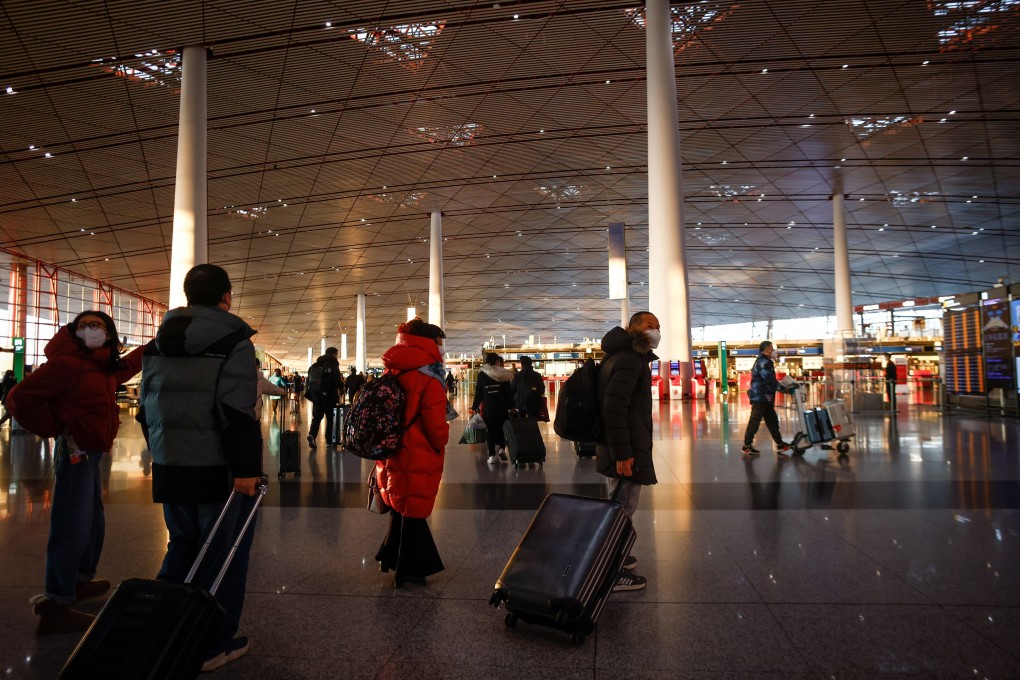Advertisement
Letters | If Japan isn’t welcoming, Chinese tourists can take business elsewhere
- Readers discuss the Japanese response to the return of Chinese tourists, and government inaction on Rohingya refugees
Reading Time:2 minutes
Why you can trust SCMP
35

Feel strongly about these letters, or any other aspects of the news? Share your views by emailing us your Letter to the Editor at [email protected] or filling in this Google form. Submissions should not exceed 400 words, and must include your full name and address, plus a phone number for verification.
Early in the Covid-19 pandemic, Japan worried about how a decline in Chinese tourist numbers would hurt the economy. Now that China has relaxed travel rules, Japan has erected fences against floods of Chinese tourists, however. Isn’t it strange?
It should hardly be surprising that after preventive measures were lifted on the mainland, there would be big outbreaks of Covid-19. The same thing would have happened in Western nations too, and their death rates could well have exceeded China’s.
Advertisement
Chinese people, including Hongkongers, have long adored Japanese culture and merchandise. But now that Japan seems set on giving Chinese travellers a hard time, instead of rolling out a red carpet, can we not have more dignity? Can’t we go elsewhere to purchase everything we want and enjoy other beautiful scenic spots?
Randy Lee, Ma On Shan
Government inaction on Rohingya boats a shame
We refer to “‘Left to die’: Fates of 5 Rohingya boats across Asia spotlight enduring crisis of stateless Muslim minority” (January 1).
Advertisement
Select Voice
Choose your listening speed
Get through articles 2x faster
1.25x
250 WPM
Slow
Average
Fast
1.25x